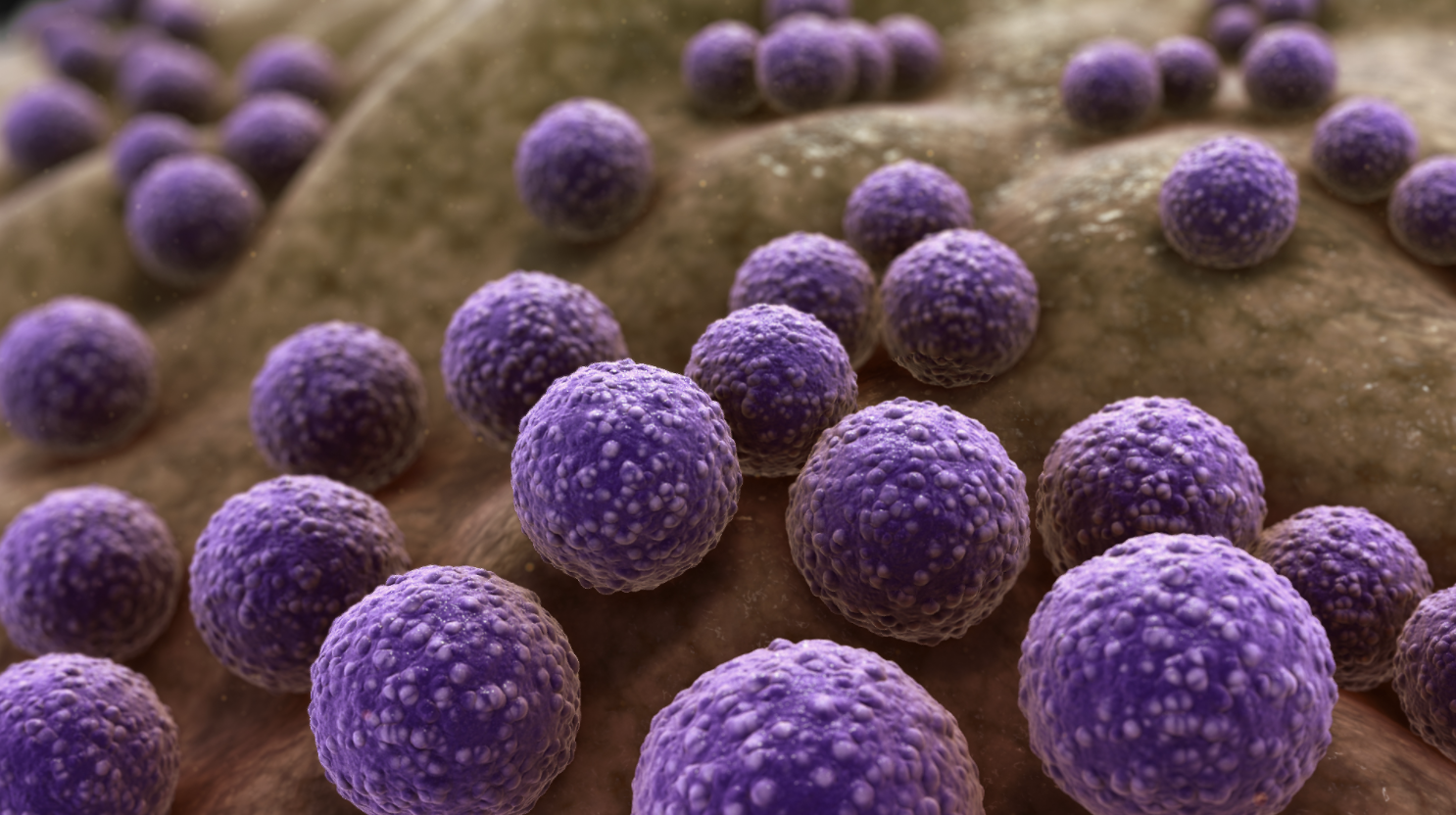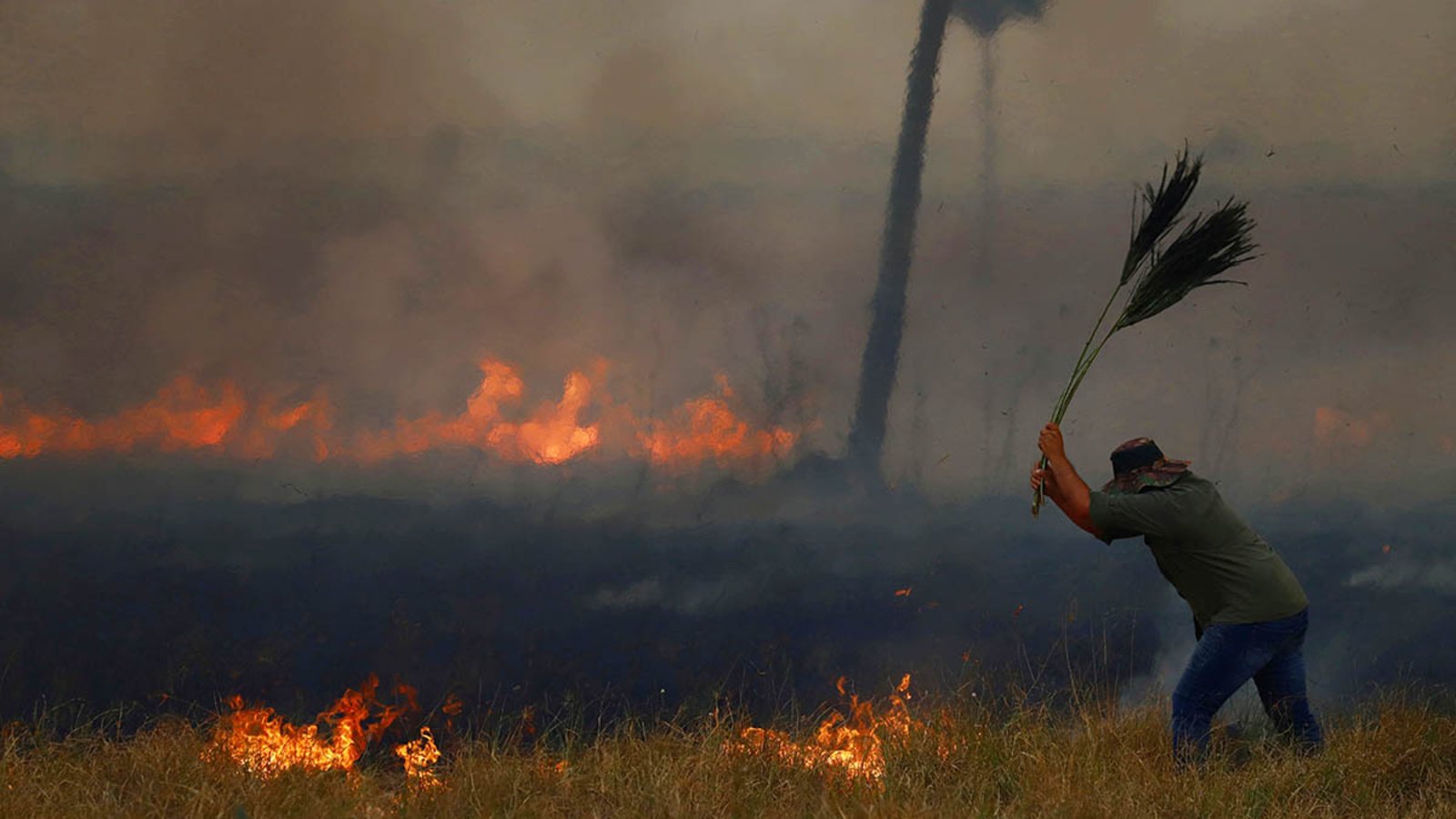The Health Impacts of Air Pollution: Understanding and Addressing a Growing Crisis

Air pollution has become an increasingly urgent health issue worldwide, affecting billions of people and causing significant harm to both physical and mental well-being. From respiratory problems to cardiovascular diseases, the consequences of poor air quality are far-reaching, impacting people of all ages and socioeconomic backgrounds. As industrialization, urbanization, and population growth continue to rise, so too does the prevalence of air pollution, making it a critical issue that demands immediate attention and action. This article explores the causes, health impacts, and potential solutions to air pollution, emphasizing the importance of collective efforts to reduce its harmful effects.
1. What Causes Air Pollution?
Air pollution refers to the presence of harmful substances in the air, including particulate matter (PM), nitrogen dioxide (NO₂), sulfur dioxide (SO₂), carbon monoxide (CO), and volatile organic compounds (VOCs). These pollutants primarily originate from human activities, including transportation, industrial processes, agriculture, and energy production.
Industrial Emissions and Urbanization
Factories and power plants emit large quantities of pollutants, contributing significantly to air pollution. The combustion of fossil fuels—such as coal, oil, and natural gas—produces harmful by-products that degrade air quality. Urbanization, with its growing concentration of vehicles, construction activities, and industrial facilities, intensifies pollution levels, especially in densely populated areas.
Agriculture and Waste Management
Agricultural practices also contribute to air pollution through the release of methane from livestock and ammonia from fertilizers. Additionally, improper waste disposal and open burning of waste release harmful substances into the atmosphere, impacting both rural and urban communities.
Natural Sources
While human activities are the primary drivers of air pollution, natural events like wildfires, volcanic eruptions, and dust storms also release pollutants. However, these events are often short-term and localized, while human-caused pollution persists and accumulates over time, causing more widespread health risks.
2. Health Impacts of Air Pollution
The adverse effects of air pollution on health are well-documented and pose serious risks. Pollutants can affect nearly every system in the body, contributing to respiratory, cardiovascular, neurological, and immune system issues. The World Health Organization (WHO) estimates that air pollution is responsible for around 7 million premature deaths annually, highlighting its severe health consequences.





